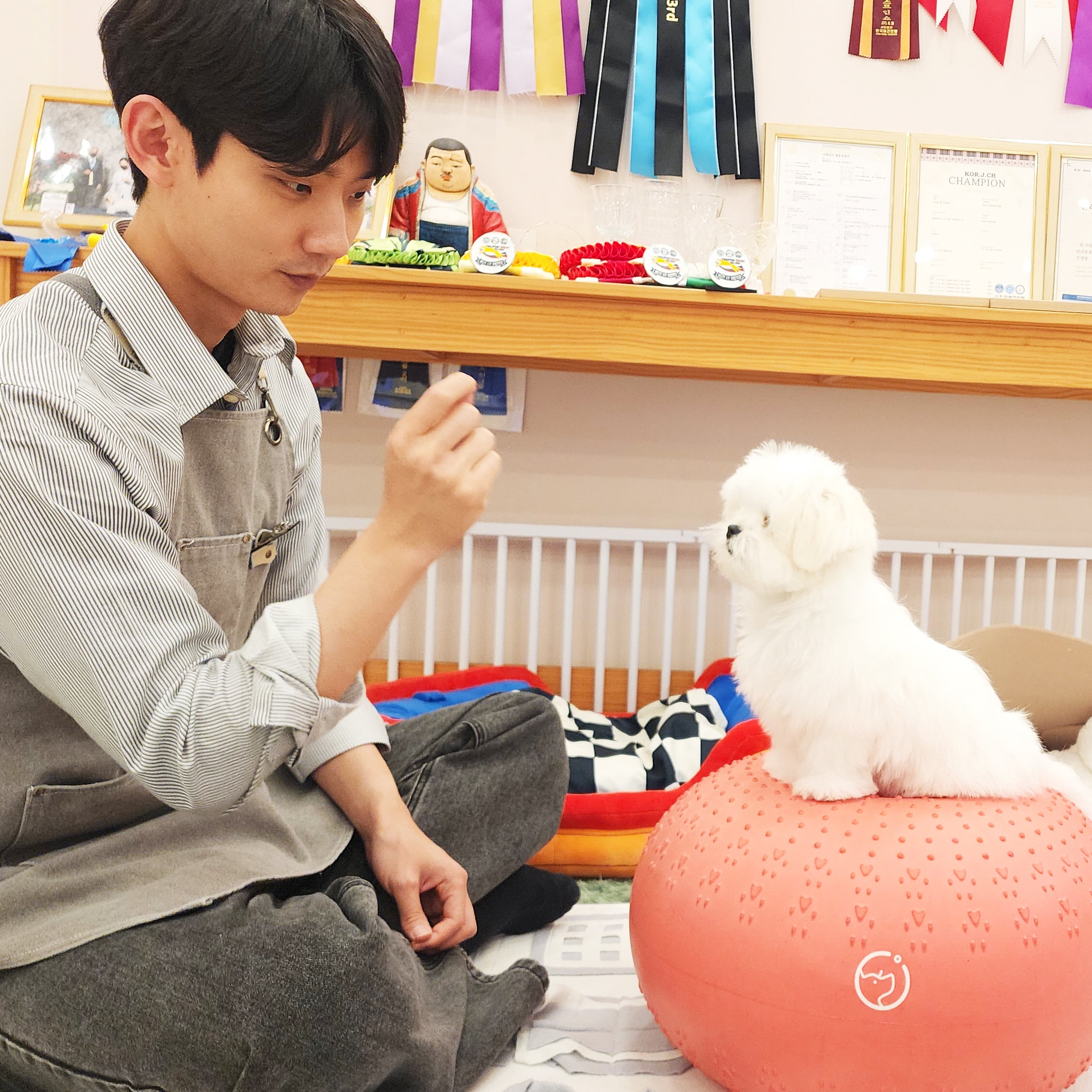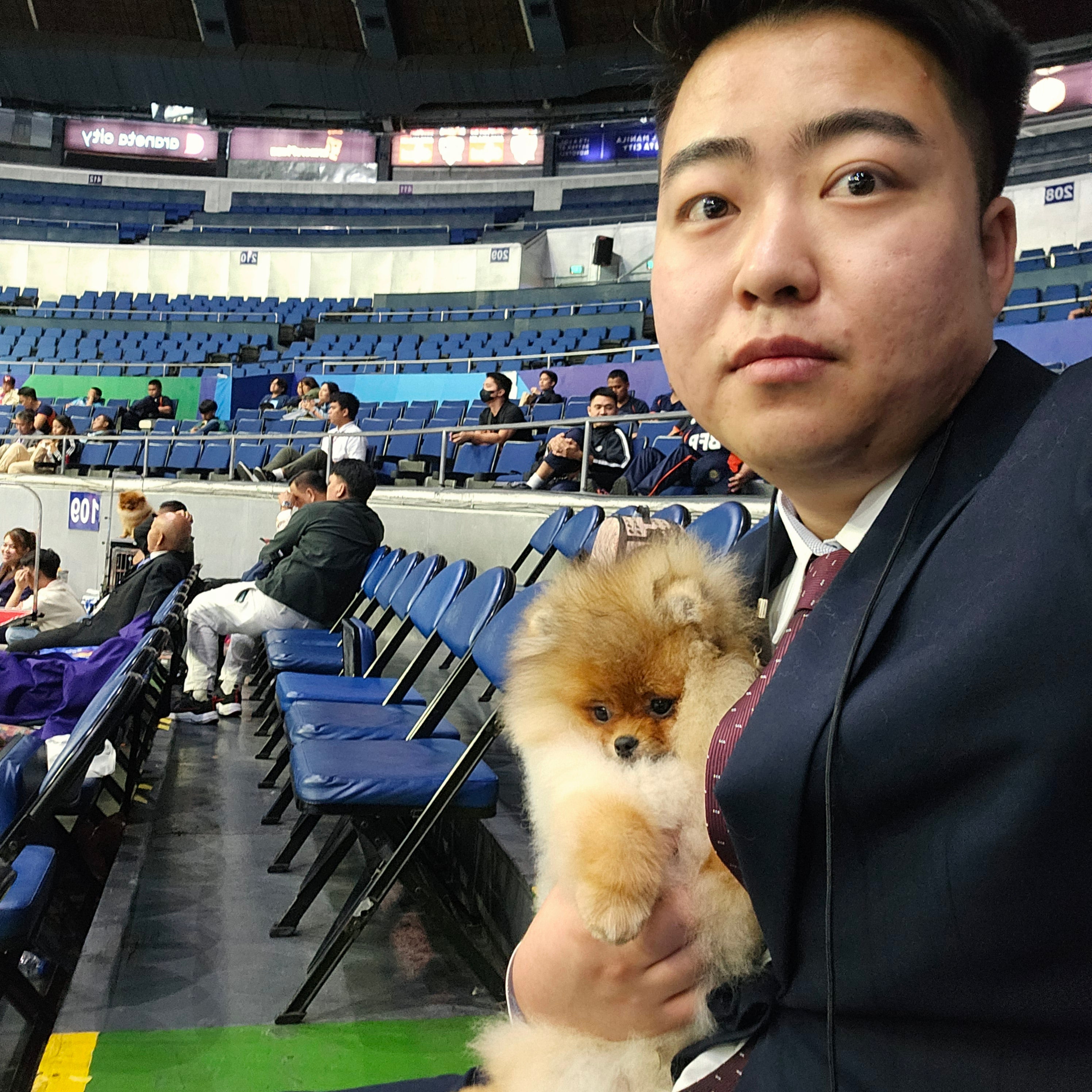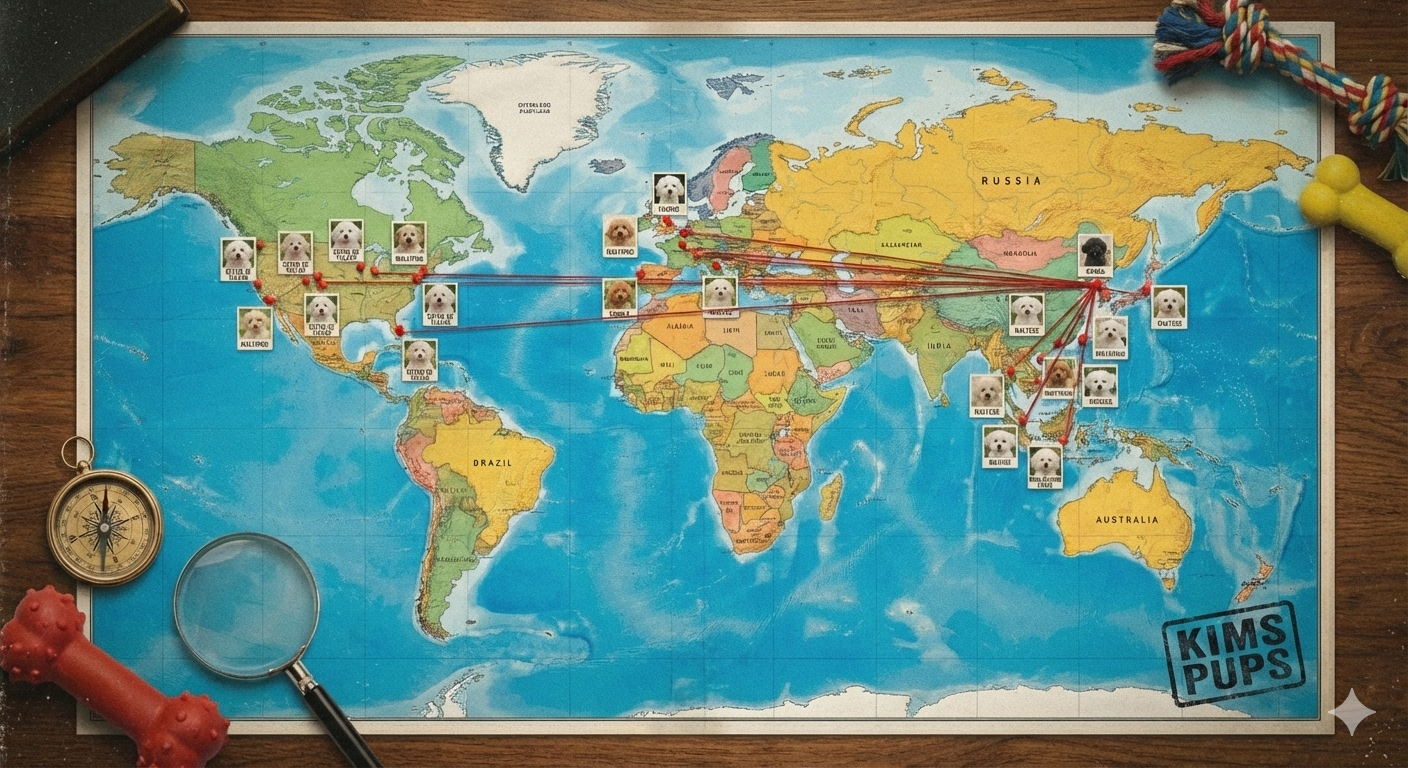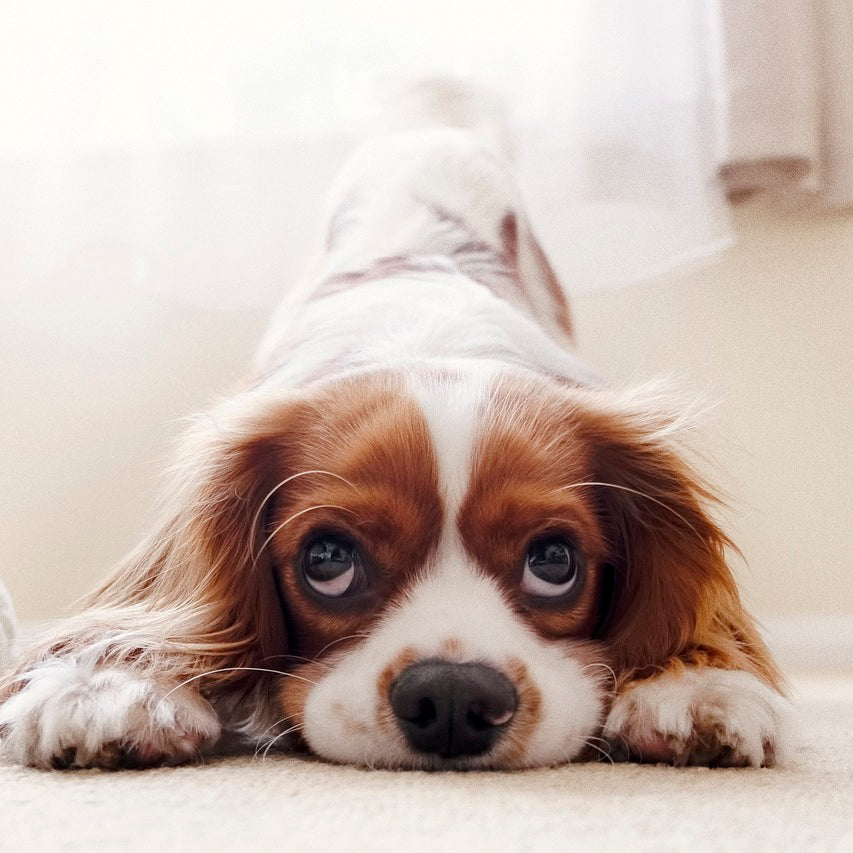Let's Communicate Without Hurting Our Growing Puppy - Teaching Bite Inhibition in Growing Puppies.

Dogs express themselves a lot through their mouths.
Eating, grabbing objects, exploring their surroundings, and communicating—mouth behavior plays a crucial role in their daily lives.
That's why 'biting', a common expression for dogs, is one of their ways to communicate.

Especially between 2 and 3 months old, puppies explore by mouthing human hands, feet, and objects.
From 3-5 months old, teething can lead to itchy gums, sometimes resulting in chewing habits.
To ensure long-term harmony and safety in our communication with our puppies, what can guardians do during their growth period?

Let's talk about establishing good habits:
-
Engage consistently in tug-of-war playtime:
Just investing about 10 minutes a day can instill good habits and memories in our puppy.
Positive memories built through enjoyable play can prevent unnecessary biting.
Use a tug toy with a length to avoid accidental bites when excited.
Don't forget to tidy up toys after playtime! Increasing tug-of-war sessions slightly during the teething phase can be more effective.
-
Provide hard chew items like dog chews or wood sticks:
At Kim's Pups, we often recommend antler sticks (from deer antlers) as they not only help with calcium and nutritional needs but are also great for teething.
During teething, these items help differentiate what's okay to chew on, promoting healthier and stronger permanent teeth.
-
Train for desensitization:
Puppies in their growth phase quickly form habits.
Regularly touch sensitive areas like their paws, ears, and hindquarters while providing positive reinforcement.
Consistent training with rewards such as praise or treats for necessary tasks like brushing, nail trimming, and ear cleaning will help create positive associations.
The more you pair these activities with positive rewards, the more comfortable and familiar your puppy will become with them, reducing stress and promoting ease.

Also, there is a training technique for biting:
- Say 'no' and push:
If your puppy accidentally bites during play, calmly say 'no' and gently push them away, then wait briefly.
Even if they leave the spot in a calm manner, it's better not to call them back right away.
However, if the bite is forceful or seems to demand attention, make it clear by swiftly getting up or turning away to show discomfort.
When the startled puppy stops biting or barking, reward them with praise to acknowledge the change.

By effectively using bite inhibition training, we can help regulate our puppy's curiosity, allowing our beloved pets to grow up more politely.
This is the Kims Pups team. Thank you.



